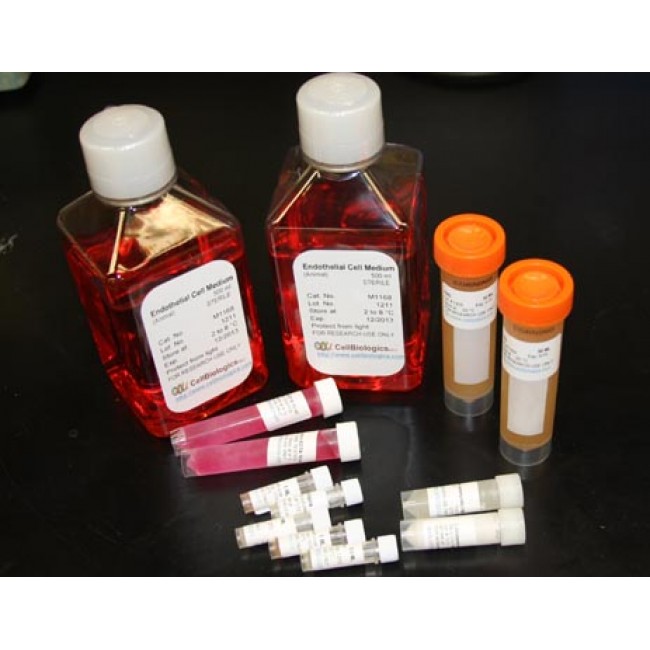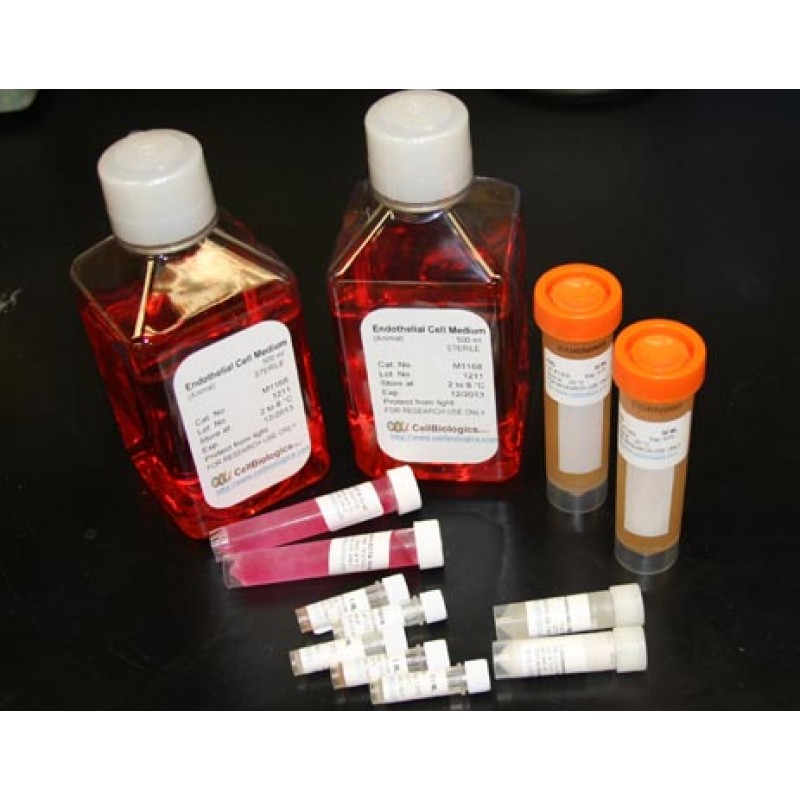IFNG is produced mainly by T cells and natural killer cells activated by antigens, mitogens or alloantigens and by lymphocytes expressing the surface antigens CD4 and CD8. Receptors for IFNG are expressed on all types of human cells with the exception of mature erythrocytes. IFNG-receptor complexes are rapidly internalized by endocytosis. In addition to its antiviral and antiparasitic activities, IFNG also inhibits the proliferation of a number of normal and transformed cells. The growth inhibitory activities of IFNG are in fact, more pronounced than those of the other interferons. However, the main biological activity of IFNG appears to be immunomodulatory in contrast to the other interferons that are mainly antiviral.


